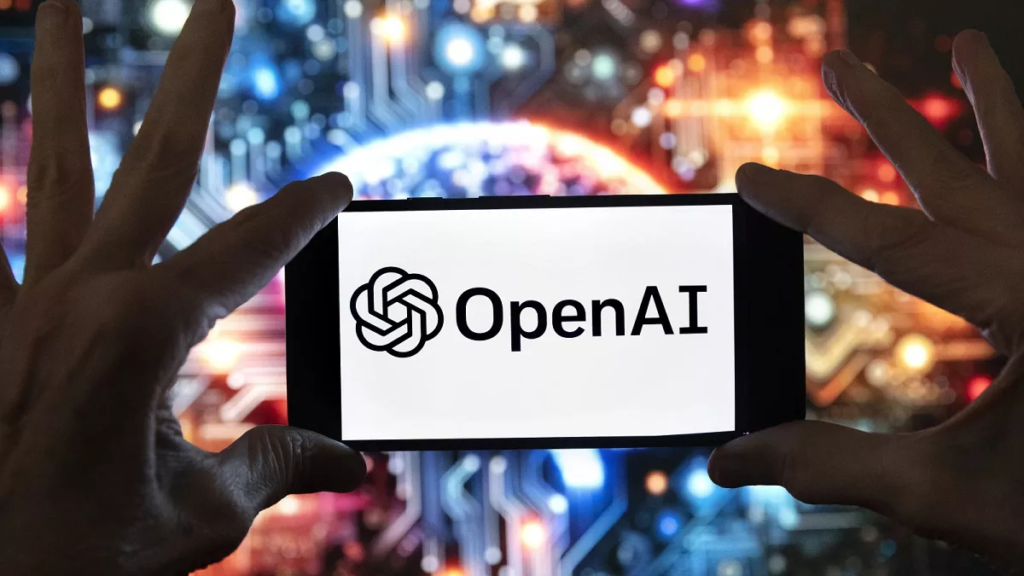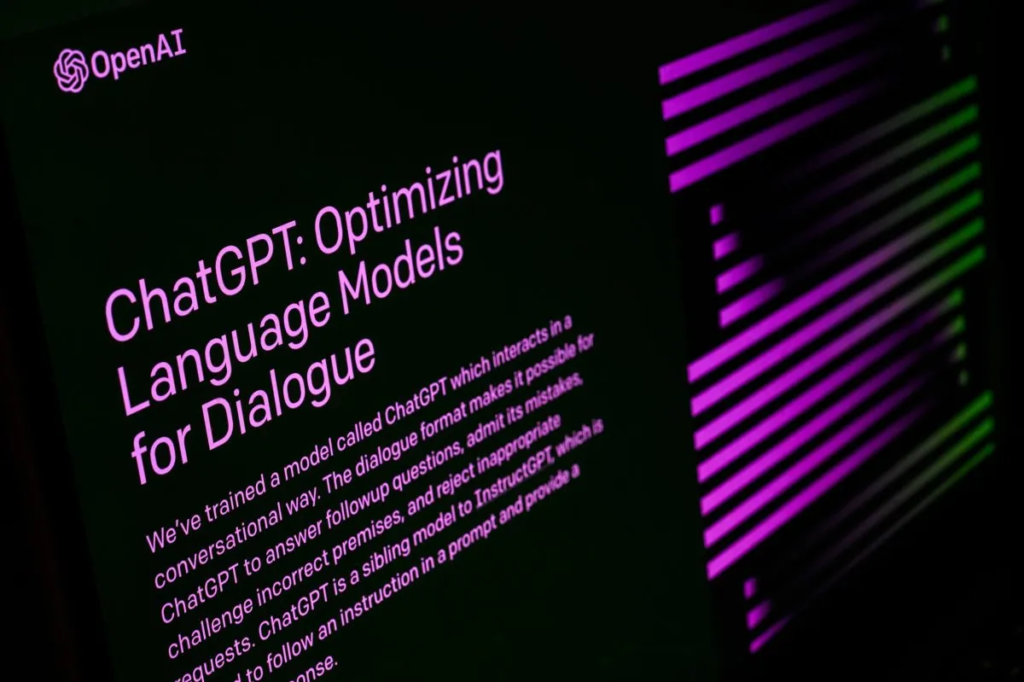OpenAI announced a new requirement for users wishing to access its most advanced AI models. High-level AI model access by organizations from OpenAI will require authentication through official government identification starting soon. OpenAI requires organizations to demonstrate their identity using national identification documents or passports for account access. OpenAI says this step is to keep people safe and stop bad actors from misusing powerful AI tools.
Why OpenAI Requires ID Checks
OpenAI shared that some developers have broken its rules in the past. For example, a few groups used their AI tools to spread fake news or steal information. To fix this, the company created the Verified Organization program. Under this program, companies must submit an ID from a country where OpenAI works. Each ID can only be used for one company every three months. Not all companies will qualify, but OpenAI has not explained why some might be rejected.
The company says that most developers who follow the rules will not have problems. However, those who do not verify their identity might lose access to future AI models.

How the ID Verification Process Works
The verification process is simple. A company worker must upload a government ID to OpenAI’s website. This could take just a few minutes. Once approved, the company gets access to new AI tools. For now, older AI models will still be available to everyone.
OpenAI also mentioned that this change will help stop people from stealing ideas or data. Last year, a Chinese AI lab named DeepSeek was accused of taking large amounts of data from OpenAI’s systems. This new rule aims to prevent similar issues.
What This Means for Small Companies and Developers
Some developers are worried this rule will make it harder for small teams to use advanced AI. For example, a single person working on a project might not have a government ID for their business. Others fear that sharing personal information could lead to privacy risks.
OpenAI says it is trying to balance safety with access. The company believes most good developers will not face issues. Still, questions remain about how strict the rules will be.
AI Safety and Global Rules
Many nations across the world are enacting regulations to control AI advancements. Transparency regulations exist in the European market as California develops new legislation with comparable standards. OpenAI’s ID-checking procedures follow worldwide government regulations. User verification represents a strategic measure for the company to establish its dedication to safety standards. OpenAI demonstrated this decision as part of their previous action, which involved blocking Chinese access last year. The company exhibits dedication to handling risks stemming from countries that maintain tight governmental oversight.
Challenges Ahead for OpenAI
The new plan introduced by OpenAI faces different levels of acceptance from the general public. The request for ID verification may lead developers towards using cheaper or less secure alternatives from alternative companies, according to critics. The implementation provides opportunities for malicious individuals who manage to deceive either through fake ID creation or sophisticated system manipulation.
Community Reactions to the ID Rule
Developers Speak Out
Building developers on online forums express hesitancy towards revealing their data to the platform. The writer stated that they would change AI services if OpenAI demanded passport data. These users endorse the proposal as a means to prevent fraud and unsolicited messages.

The Future of AI Access
The OpenAI ID rule represents a major effort during the discussion about managing control over advanced AI systems. The company operates to stop misuse while needing to ensure AI accessibility for developers who use it ethically. The way this system exists between control and accessibility will determine the direction of future AI advancement.
For now, the message is clear: OpenAI wants to know who is using its most advanced tools. Whether this helps or hurts the AI community will depend on how the company handles the next few months. As AI becomes more powerful, the fight to keep it safe and fair is just beginning. OpenAI’s new policy is one part of that larger story.





